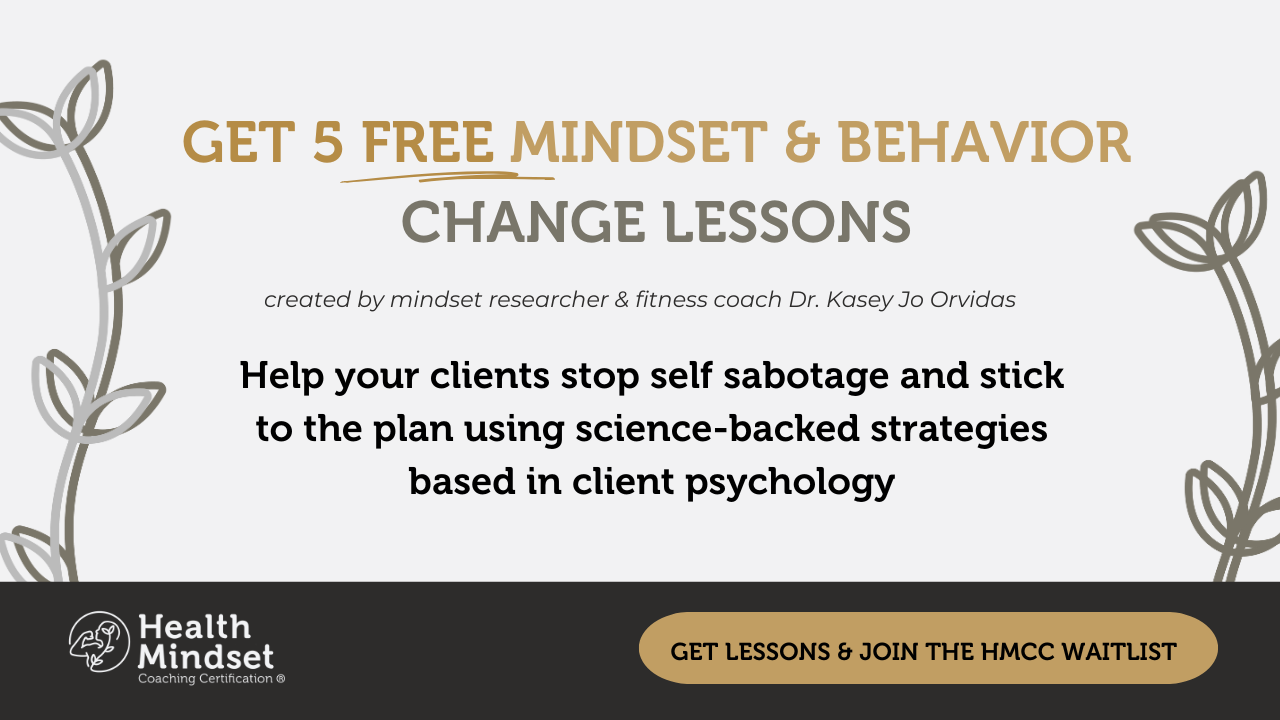3 Ways to Help Clients Overcome Decision Fatigue
Jun 27, 2025
Decision fatigue is so real, and chances are, your clients are struggling with it.
As a fitness coach, you've likely seen clients who start their day with the best intentions but falter by evening, skipping workouts, opting for fast food, or abandoning their meal plans. This pattern often isn't due to a lack of motivation or discipline but because of what's known as decision fatigue.
Decision fatigue refers to the deteriorating quality of decisions an individual makes after a long day of decision-making. It's a psychological phenomenon where the brain's ability to make decisions becomes impaired due to the mental exhaustion of making so many choices throughout the day.
Understanding and addressing decision fatigue is crucial in helping your clients maintain consistency in their fitness and nutrition routines.
Let's go into how you can assist your clients in recognizing and overcoming this challenge.
Table of Contents
What Does Decision Fatigue Look Like?
Ways to Help Clients Combat Decision Fatigue
1. Simplify
2. Have Them Be Honest
3. Start Early with Complex Decisions
Help Clients Make Better Decisions
Connect with us!
Sources

What Does Decision Fatigue Look Like?
Chances are, your clients have to make tons of decisions at work about how to best care for their children, their education, or whatever keeps them busy in their lives, not to mention all the other mundane decisions they make throughout the day.
The more decisions they need to make, the worse they will be at weighing all the options and making a smart choice.
Having to make so many decisions is mentally and emotionally taxing and can result in making poor choices as they get later and later into the day.
Look at some study results on decision fatigue:
"Prisoners who appeared early in the morning received parole about 70 percent of the time, while those who appeared late in the day were paroled less than 10 percent of the time" (Hadar & Sood, 2014).
No matter how rational or "in tune" you are, you can't make decision after decision without paying a mental price. And unlike physical fatigue—which we are consciously aware of—decision fatigue often happens without us knowing.
Decision fatigue can show up in various ways, affecting clients' ability to stick to their fitness and nutrition plans. Common signs include:
- Procrastination by delaying workouts or meal prep.
- Impulsive choices like opting for unhealthy food options or skipping workouts.
- Avoidance, like ignoring scheduled workouts or ghosting you when it's time for a check-in.
- Irritability and feeling overwhelmed or frustrated with routine decisions.
If you're able to identify these signs early on, you can work with your client to implement strategies to help them overcome decision fatigue and make better progress.

Ways to Help Clients Combat Decision Fatigue
So, how can you help clients actively counteract decision fatigue so they aren't skipping their workout to get takeout at 6 p.m.?
Here are three easy steps to help your clients make healthier decisions and reduce stress while working toward their goals.
1. Simplify
Work with them to simplify the choices they make throughout the day.
For many, this means following a workout program written in advance (which you likely already help them with).
Or it could mean planning meals on Sunday and eating the same breakfast every day.
Or maybe just following a schedule as closely as possible.
Help them simplify their lives as much as possible so they can reduce the number of small decisions they have to make each day.
Creating routines will make certain things run on autopilot and leave them with more mental capacity to make the big decisions that can't be automated or that require more brainpower. It's also a form of self-care to simplify the little things in life.

2. Have Them Be Honest
Not every decision holds the same amount of power, so encourage your clients to set honest priorities for the day.
For example, they can create a short, important to-do list with realistic and achievable tasks. It may be tempting to run off a long to-do list with plenty of things to tick off for that dopamine rush, but that will likely increase the number of decisions they have to make, which can lead to brain fog, decision avoidance, and drained mental energy by the end of the day.
They will find that they accomplish a lot more and feel much better at the end of the day when they are realistic with their expectations from the outset.
A recommendation you can give your clients is to write down each day:
- Three things you must do
- Two things you should do
- One thing that would be nice to do
This way, their to-do list is more manageable and causes them less stress.
3. Start Early with Complex Decisions
Starting early with decision-making is essential because we typically have the most willpower earlier in the day (although that's not the case for everyone).
Encourage your clients to make the important decisions or do the essential tasks when willpower is high.
Decision fatigue makes us feel out of control, so talk to your client to figure out when they have the most willpower and have them use that to their advantage. For example, they may prefer morning workouts because that is when they feel most in control.
Working on this form of self-awareness will make the decision-making process easier for them because they will make their most challenging decisions when they are in the best state to do so and will be less likely to experience decision fatigue.
Help Clients Make Better Decisions
Decision fatigue is a common barrier for many clients, but we, as fitness coaches, can provide them with the right tools and strategies to overcome decision fatigue.
Learning to reduce stress by making fewer decisions is just one piece of the puzzle, though. If you're truly looking to help your clients make long-term change, you have to support them in creating true behavior change.
The Health Mindset Coaching Certification is the best way to help your clients improve their mindset and create lasting behavior change. This 14-week program for health and fitness professionals equips you with the skills you need to help your clients end self-sabotage, break through mindset barriers, and make behavior changes for good.
You'll learn research-backed methods from Cognitive Behavioral Therapy and other psychological tools that will help your clients embrace a growth mindset and create lasting behavior change.
Join the waitlist here, and you'll get immediate access to some free primer materials to get you started!
Check out the original post here.
Connect with us!
Email: [email protected]
IG:@coachkaseyjo @healthmindsetcert
Sources
Hadar, L., & Sood, S. (2014). When Knowledge Is Demotivating: Subjective Knowledge and Choice Overload. Psychological Science, 25(9), 1739–1747. https://doi.org/10.1177/0956797614539165



